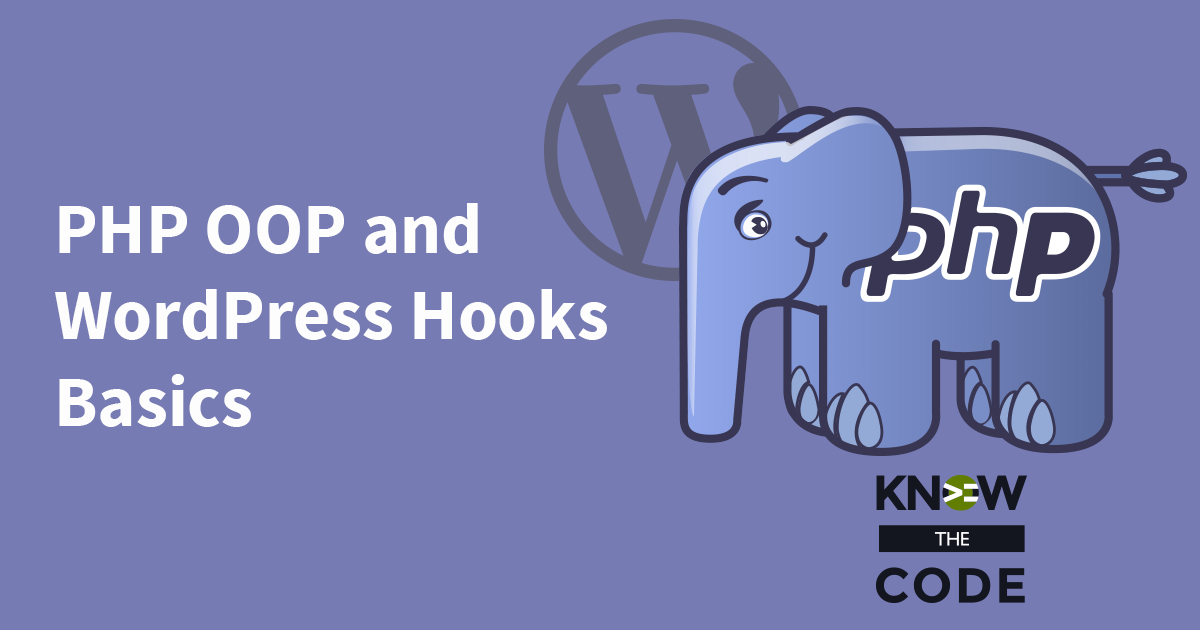There will be projects where you need to remove a static method’s callback from a 3rd party plugin. How do you find and remove it? You should never edit their code. Why? Because when they do updates, your changes will be overwritten. Instead, you need to find where the callback is registered, i.e. with a add_action or add_filter. Then, you need the class name. Lastly, you have to figure out the timing of when the callback is registered. Why? Because you can’t unregister it until it’s been registered. Doing it too early is a timing mistake and will cause wonky […]

